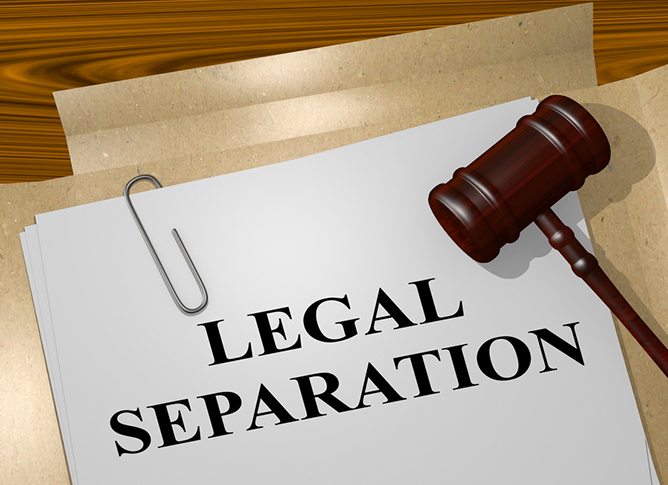Mediation is notable for being an alternative form of dispute resolution. It is a form of collaborative law that usually avoids courtroom litigation, which in turn reduces the stress upon the family, the expense of the divorce process and can even provide a format for parents who must continue to work together while raising children. It is also appealing to some for being more private because records of court litigation are generally available to the public.
The circumstances of each case are different, so there are actually several different forms of mediation. Each has its own strengths that can provide the best option to the two parties trying to resolve their dispute in a non-confrontational but equitable manner.
7 common types of mediation
The Harvard Law School has published a list of seven commonly used approaches for mediation:
- Facilitative mediation: This common format uses a neutral third party mediator who helps the two sides find common ground to build a fair agreement.
- Transformative mediation: Similar to facilitative mediation, this focuses on helping the two parties resolve issues by recognizing the other’s needs and interests. This is particularly useful for parents who must continue to work together.
- Evaluative mediation: The mediator in this format often acts more like a judge, focusing on how the law applies to the areas in dispute. Rather than neutral, these mediators will make recommendations and offer opinions.
- Court-mandated mediation: This occurs when a judge orders the two sides to mediate in an attempt to resolve issues where the two sides are close. This subsequently simplifies the case in court, which means a faster resolution.
- E-mediation: Mediation will often take place in an office, but sometimes this format is not desirable or even possible (one example is a client who serves overseas in the military).
- Arbitration-mediation: This begins with the arbitrator hearing evidence and testimony, writes an award and seals it. The mediation then takes place – if it is unsuccessful, the award is unsealed and the binding award is made.
- Mediation-arbitration: This involves agreeing to the terms of the process and that the process will then be binding. The mediator then helps the two sides mediate a solution. If mediation is unsuccessful, the process switches to arbitration.
Choose the type of mediation that suits your needs
Sometimes the stress, expense and complexity of a litigated divorce are unavoidable. However, many find that this alternative can help minimize the impact a divorce has upon the family. Of course the key to mediation’s success is that each side must be willing or at least agree to going through the process and the accepting the solutions it provides.


























